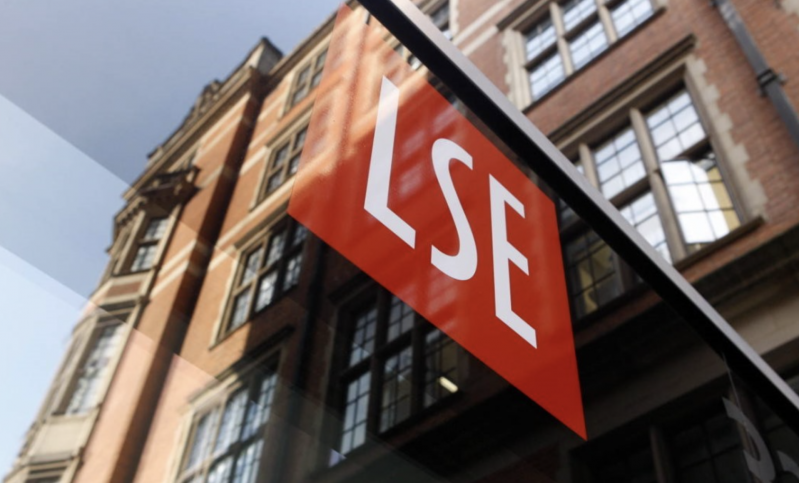


The UK government has restated its expectation for Jersey and Guernsey to introduce fully public registers of company ownership as part of the international fight against illicit money flows – with the matter on the agenda for further discussion in 2025.
Minister of State for the Home Office, Dan Jarvis, was last week asked about what steps his department was taking "to ensure that Crown Dependencies are not used to launder the proceeds of corruption" by Labour MP Phil Brickell.
"Corruption and illicit finance threaten global security, harm democracy, hamper economic growth and prosperity, slow development, and harm victims," Mr Jarvis said in response.
"The UK Government is committed to working together with international financial centres, including the Crown Dependencies and the Overseas Territories, to help tackle corruption and money laundering."
The Crown Dependencies have company beneficial ownership registers and they share data from these with UK law enforcement via the Exchange of Notes arrangements.
But the UK wants to see more access to other people.
Mr Jarvis explained: "Publicly accessible company beneficial ownership registers are a critical tool for tackling illicit finance, making it more challenging for illicit actors to hide funds and launder the proceeds of corruption.
"The Home Office continues to work with the Crown Dependencies to help improve their beneficial ownership transparency and welcomes the commitments the Crown Dependencies have made for greater corporate transparency; the Crown Dependencies are working towards implementing legitimate interest access to their registers, including access for media and civil society.
"However, this Government is committed to tackling illicit finance and expects this to be an interim step to public registers. I look forward to meeting with the Crown Dependencies in 2025 to discuss this ongoing agenda.”
In 2019, the Channel Islands committed to full public access which would allow anyone to know who ultimately owns a company based locally, but after a European court ruling in November 2022 rolled back on that.
Proponents of public access say it is key in helping fight money laundering, tax evasion and avoidance as well as helping to expose conflicts of interest.
Currently 14 EU Member States and Gibraltar have public registers.
In December last year, the Crown Dependencies jointly published a statement committing to "increase transparency and accessibility to information held on their registers of beneficial ownership", but within the same month the then-Home Office Minister, Conservative MP Tom Tugendhat, said Jersey and Guernsey were “not moving at the pace expected” on company transparency.
A study published in 2023 by the London School of Economics found that the owners of more than two-thirds of UK properties owned through what it described as “secrecy havens” like Jersey remained hidden.
The findings were shared a year after the UK Government introduced a ‘Register of Overseas Entities’, which aimed to list the ultimate owners and beneficiaries of property held via offshore trusts and companies.

Pictured: The report was authored by the London School of Economics, alongside the University of Warwick and The Centre for Public Data.
The register was introduced in response to Russia’s invasion of Ukraine in February 2022, in particular because the UK had long been an attractive place for wealthy Russians to buy property.
This is often done using offshore structures or, as the LSE report described them, ‘shell companies’.
The report, which was also authored by the University of Warwick and The Centre for Public Data, found that for 35% of properties owned via ‘overseas shell companies’ (54,000 out of 152,000), “even law enforcement agencies do not know the true identities of the beneficial owners”.
There was for several years a political push for Jersey to have its own accessibly digital register of landlords, tenants and all commercial and residential properties, but a £14,000 study commissioned by the Government suggested the idea would not be worth it.
Pictured: Jersey is not going to get its own accessible digital property register.
Instead, it concluded that, if there are genuine concerns about "foreign ownership or market manipulation", it may "make sense to try to identify it by exception through investigative work" or "one-off" information gathering exercises.
Comments
Comments on this story express the views of the commentator only, not Bailiwick Publishing. We are unable to guarantee the accuracy of any of those comments.